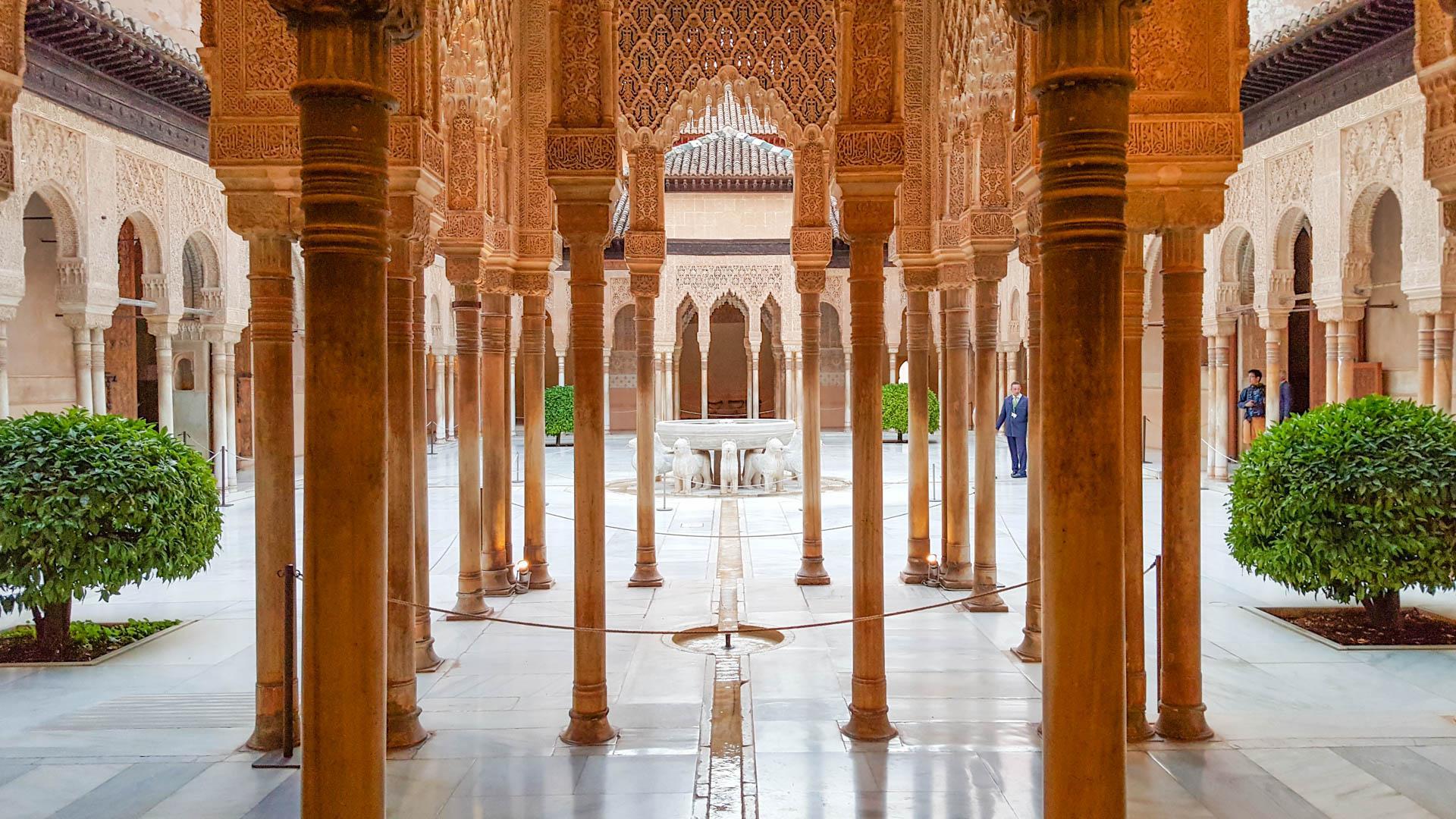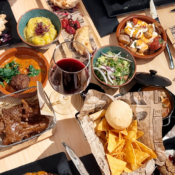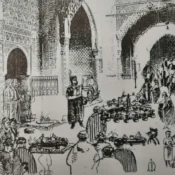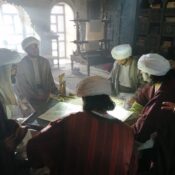All Saints and All Souls
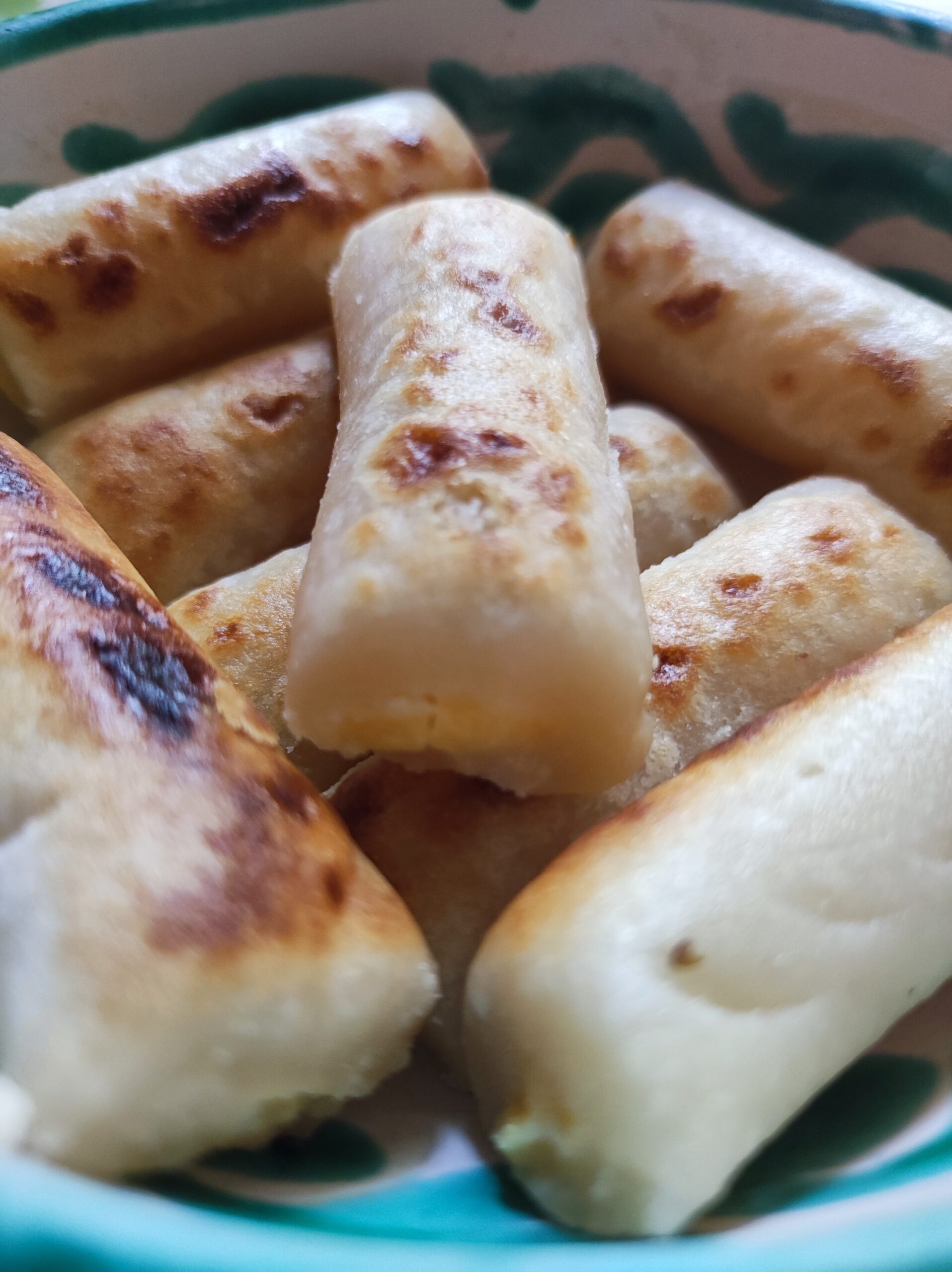
All Saints and All Souls
Although October 31 is known worldwide for the celebration of Halloween, in Spain we have our own celebrations of death and the supernatural: All Saints' Day and All Souls' Day. In some Spanish towns, All Saints' Eve is also celebrated, coinciding in date with the aforementioned Halloween festival.
Every 1st of November, All Saints' Day, the souls (as the name suggests) of the saints are celebrated, souls that are in heaven together with God, whether they are recognized by the Church (canonized), or are "anonymous" saints.
For its part, on November 2, All Souls' Day, we remember loved ones who are no longer with us. In the strictest sense of the tradition, we pray for the souls of the deceased who are in purgatory atoning for their sins in order to ascend with God.
Spectral processions take place throughout the Spanish territory: not only in Galicia with the Santa Compaña, it was believed that, during the night of All Saints to the All Souls, the souls of the deceased left their tombstones and wandered through the towns and cities. They sneaked through the cracks in the locks of the houses of people who would die soon; and because of this, a rather curious solution was sought: porridge was made (which is made from milk and flour) that served to cover the opening of the bolt during that night. The leftover porridge was eaten the next day and, in fact, to this day it is cooked and eaten during these two days.
In addition to porridge, you can also try huesos de santo (“holy bones”) and buñuelos (“fritters”). Huesos de santo are sweets made with marzipan and filled with yolk, emulating the shape of a bone; It is difficult to trace the origin of this dessert, it is probably one more way to remember the saints and those who are no longer among us. For their part, buñuelos are a round dough that can be filled with chocolate, cream...
Specifically, here in Granada, in a small town called Gójar, melons and pumpkins are carved into which a candle is inserted to parade with them (this also extends to other areas); We eat chestnuts and rosettes (a very Granadian word to refer to popcorn).
But this festival is not only about eating: it is very common to go to the cemetery to clean the graves and place flowers for the deceased. In fact, many cemeteries extend their opening hours during these days.
All categories
- Arquitectura islámica
- Arte y decoración en la Alhambra
- Visitors Tips
- Cultura andalusí
- Granadian Sayings
- Folklore
- Granadian Cuisine
- Granada
- Granadian Province
- Alhambra History
- Distinguished Granadians
- Useful information
- Granadian Literature
- Granadian Literature
- Magic, legends and mystery
- Granadian Miscellany
- Granadian Nostalgia
- Granadian Traditions
- Granadian Traditions
- Guided tours
Latest posts
